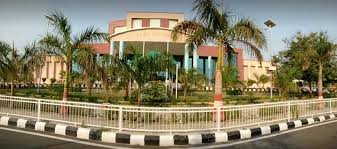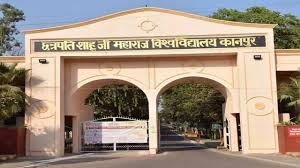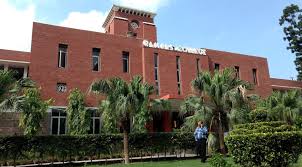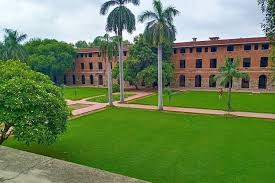Here are some of the top job profiles for individuals with a Bachelor of Commerce (B.Com) degree, along
with details about each profile:
Accountant:
Description: Accountants manage financial records, ensure accuracy in financial transactions, prepare
financial statements, and handle tax-related matters for individuals or organizations.
Skills Required: Financial accounting, attention to detail, knowledge of tax regulations, familiarity
with accounting software, analytical skills.
Industry: Accounting/ Finance.
Financial Analyst:
Description: Financial analysts analyze financial data, create reports, assess investment opportunities,
and provide recommendations to aid in making informed financial decisions.
Skills Required: Financial modeling, data analysis, research skills, strong analytical abilities,
knowledge of market trends.
Industry: Finance/Investment.
Auditor:
Description: Auditors review financial records, identify discrepancies, ensure compliance with financial
regulations, and recommend improvements to financial processes.
Skills Required: Attention to detail, analytical skills, understanding of auditing standards,
communication abilities, knowledge of financial regulations.
Industry: Accounting/ Finance.
Tax Consultant:
Description: Tax consultants provide guidance on tax planning, help individuals or businesses optimize
their tax strategies, and ensure compliance with tax laws.
Skills Required: Tax regulations, legal knowledge, problem-solving skills, analytical abilities,
up-to-date knowledge of tax codes.
Industry: Tax Consulting.
Business Analyst:
Description: Business analysts analyze business processes, gather requirements for projects, identify
areas for improvement, and help implement solutions to enhance efficiency.
Skills Required: Data analysis, communication skills, business acumen, problem-solving abilities,
familiarity with project management methodologies.
Industry: Business Consulting.
Sales/ Marketing Executive:
Description: Sales and marketing professionals promote products or services, identify potential clients,
develop marketing strategies, and work to achieve sales targets.
Skills Required: Communication skills, market research, negotiation abilities, understanding of consumer
behavior, results-oriented mindset.
Industry: Sales/Marketing.
Human Resources (HR) Coordinator:
Description: HR coordinators manage employee relations, recruitment, benefits administration, and ensure
compliance with labor laws within an organization.
Skills Required: Communication skills, interpersonal abilities, knowledge of labor laws, organizational
skills, problem-solving capabilities.
Industry: Human Resources.
Supply Chain Manager:
Description: Supply chain managers oversee logistics, inventory management, and ensure the timely
delivery of products, optimizing the end-to-end supply chain process.
Skills Required: Supply chain management, logistics coordination, analytical skills, problem-solving
abilities, attention to detail.
Industry: Supply Chain.
Banking Officer:
Description: Banking officers handle customer transactions, provide financial advice, process loans, and
offer various banking services to clients.
Skills Required: Financial knowledge, customer service skills, attention to detail, familiarity with
banking procedures.
Industry: Banking/ Finance.
E-commerce Manager:
Description: E-commerce managers oversee online sales platforms, coordinate product listings, manage
digital marketing, and ensure smooth e-commerce operations.
Skills Required: E-commerce platforms, digital marketing, data analysis, organizational skills,
understanding of online consumer behavior.
Industry: E-commerce.
These are just a few examples of the many career opportunities available to individuals with a Bachelor
of Commerce degree. Each job profile requires a unique skill set and offers distinct challenges and
rewards. Remember to align your skills, interests, and career goals when choosing a job path.






